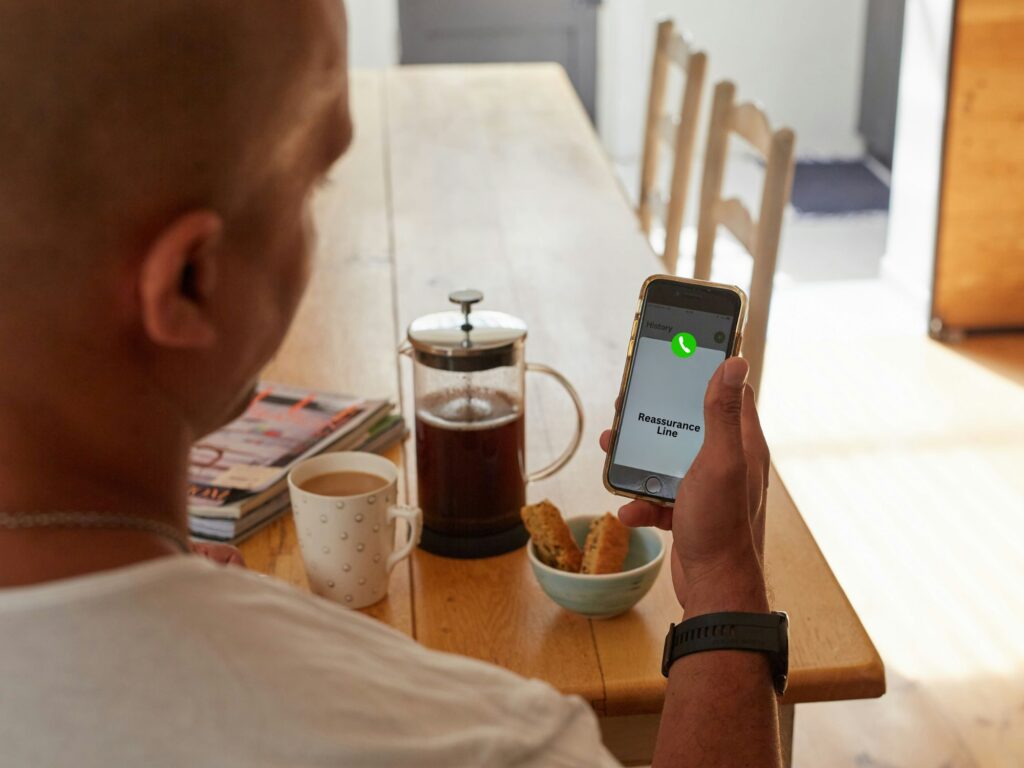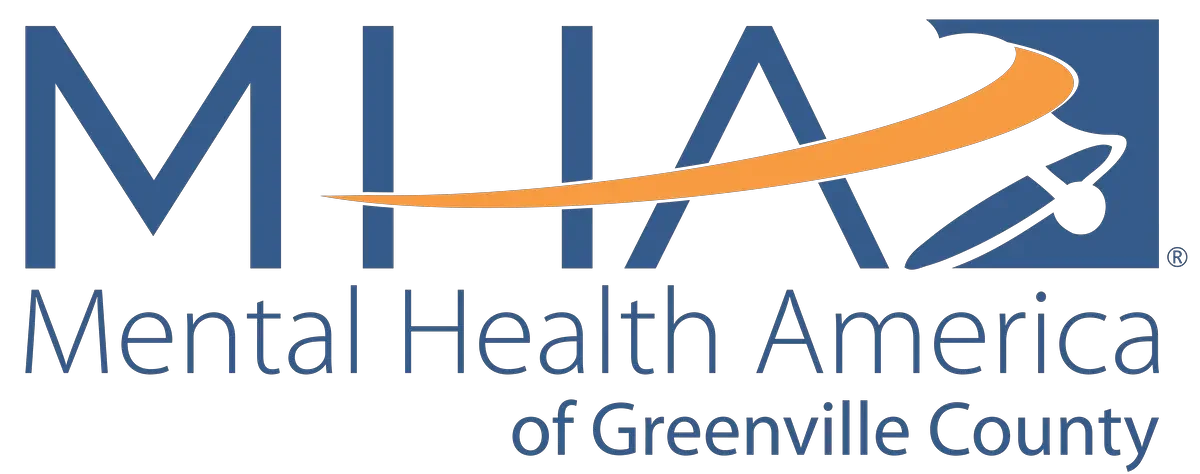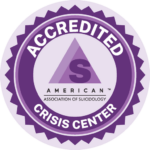Among MHAGC’s mental health consumer support services is the Reassurance Line – a dedicated, 24-hour, peer-to-peer telephone service that promotes confidence, safety, and connectedness for people living with chronic mental illness. Typically, participants are referred by Greater Greenville Mental Health Center or another mental health organization, making the Reassurance Line a bridge between consumers and their mental health professionals. Reassurance Line supports participants’ independent living in the community by offering conversation, reminders to take medications or attend appointments, encouragement to participate in treatment, and prompting for activities of daily living that promote well being.

Virginia Wise has been the Reassurance Line Coordinator for MHAGC over the last three of her nine years at the agency. She sums up the purpose of the service, saying, “It really is about connecting with one another and how vital that is in a society where we’re always on our phones, but at least this way, we’re providing a support that encourages people to get out and get on their own feet and have some form of independence.” She notes that she has received a good amount of positive feedback from clients over the years about how the program has helped or what a call or card has meant to them. “It’s been really humbling,” she says.
While Reassurance Line users say the calls they receive help them to feel less lonely and to more consistently participate in their own care, a unique facet of the service is that it also supports those who make these calls. Following a peer-to-peer model, Reassurance Line gives mental health consumers whose symptoms are well managed and who have the approval of their therapist an opportunity to increase their confidence and job skills and earn income while gaining a sense of purpose through supporting others. One Reassurance Line Specialist commented, “This is something I CAN DO. I feel better about myself for working here.” Others have reported gaining better time-management skills and improved concentration as well as developing greater sympathy for others.
Working as a Reassurance Line Specialist also comes with focused attention on the worker’s mental health and self-care, as well. Wise notes that in addition to making medication reminders, Reassurance Line Specialists might also be talking with others who are having a hard day, whether dealing with suicidal thoughts, grieving a loss, or having some other crisis. Though Specialists are well trained for their roles, “It can be hard to sit in that and do that every day, so it can be demanding at times,” she says. Wise regularly checks in with her team to see how they’re handling the calls and caring for themselves. She currently has five Specialists with the funding and potential to add one to two additional Specialists. Wise points out that three of the current Specialists have worked on Reassurance Line for 12 years or more. “It’s definitely fulfilling work and has led them to want to stay and keep doing it,” she says. Due to the nature of the Specialist role, job candidates might be identified through their mental health provider, but that’s not a requirement. Those with lived experience in the area of mental health whose symptoms are well managed can inquire directly about their eligibility by reaching out to reassurance@mhagc.org.

